How INTPs Handle Conflict
INTPs are known for their inventiveness and creativity. These analytical types prefer to stay out of conflict as much as possible, but when they do have to face it they tend to use their creativity and ingenuity to find unique, one-of-a-kind solutions. They can enjoy a lively debate or a friendly argument, but emotional conflict or tension in relationships can drive them to withdraw from people and the tumultuous emotions in the atmosphere.
“At work, I’ll explicitly give up responsibilities and authority if they come at the cost of too much conflict.”
– J. Michael, an INTP
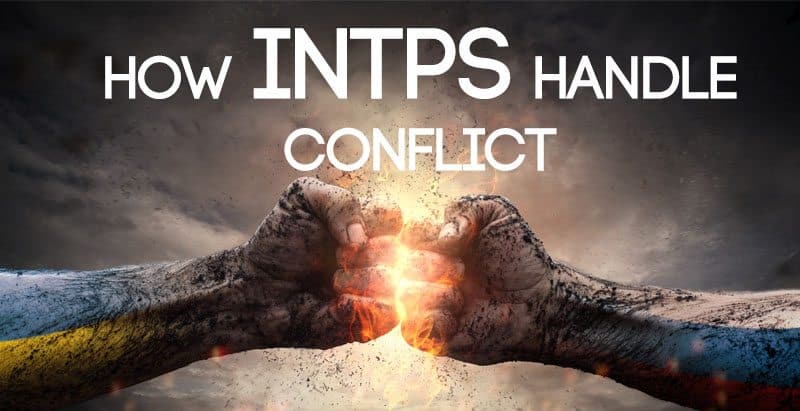
INTPs experience the most conflict when they are in highly-charged emotional environments, when they are dealing with irrational people, and when they are stifled or forced into rigid structures. INTPs want freedom and space to explore, to analyze, to discover. Being around intense, overwhelming emotions triggers their inferior extraverted feeling (Fe) function and can cause them an enormous amount of stress. As highly rational individuals, having to communicate entirely on an emotional wavelength is exhausting for them. Having tight boundaries placed around them can also make them feel trapped and controlled. Unlike many other types (particularly SJ types), INTPs tend to dislike routine, structure, and a predictable schedule.
Not sure what your personality type is? Take our new personality questionnaire here. Or you can take the official MBTI® here.
How The INTP Responds to Conflict:
According to the MBTI® Manual, INTPs have a “compromising” conflict style. They view conflict as a necessary part of life and will try to remain as logical as possible when finding a solution. They want time to analyze the situation from all angles before facing it head-on. INTPs don’t seek out conflict and tend to try to ignore it unless they deem it especially important to address. When they do address the conflict, they will consider pros and cons, cause and effects, and creative solutions. They will want to hear other people’s perspectives, but will quickly lose interest if they have to listen to emotional reactions for very long.
“My banes are situations that seem like they should have fixes but don’t, as well as being in conflict with people who can’t get beyond overwhelming emotion to help me understand what’s going on.”
– Douglas, an INTP
Mary, an INTP I spoke with online, said that to resolve marital conflicts, she and her husband schedule weekly outings where they discuss their various positives, negatives, and bounce ideas off each other. She states, “It has to be enjoyable, too…I make a point of making it enjoyable otherwise it could become a fixture of dread.” This is a perfect example of INTP creativity. I loved hearing how Mary could turn something like conflict and disagreement into an enjoyable weekly experience that was full of open, non-judgmental conversation.
What INTPs Want During Conflict:
– Fair, reasonable, open-minded discussion
– A focus on the pros and cons
– A logical approach
– Input from all sides of the conflict
– An innovative, creative resolution.
“Things that help us are a logical capacity in others.. and an ability to accept what is likely to be a freethinking and perhaps off the wall worldview.. so heavy handed, rules based individuals are out. Things that are unhelpful are authoritarian personalities and those lacking the ability to bring a logically integrated set of ideas to the table.”
– An anonymous INTP
Tips for INTPs Experiencing Conflict:
- Embrace your creativity as you think of unique solutions to the problem at hand. Don’t be afraid of expressing your out-of-the-box strategies and ideas.
- When dealing with Sensing types, try to focus on clear facts, and speak through your case in a sequential order. Refrain from “jumping around” from one idea to another or one section to another. This will frustrate them.
- When dealing with feeling types, try to validate their emotions even if they may seem frustrating to you. State your logical perspective, but try to do so without discounting what they feel or their desire for a harmonious resolution.
- Don’t put off dealing with conflict for so long that eventually you become overwhelmed and “blow up”.
“INTPs can often hold quite complex ideas in their minds.. so that if you do not say *what you mean* when you’re having a conflict with them you’ll be doing the whole process a great disservice. They are going to try to make a weighted judgment based on that and if it doesn’t reflect your true priorities then they’re not going to be able to help you. Mind games is a bad idea.”
– An anonymous INTP
“I much prefer to be able to say “here are some facts and do with them what you want” over getting into an argument about differences of opinion. See, if I say “here are some facts”, and someone wants to argue about the factual content, I can always back up and explain and define and explain and eventually we get to the point where it is either clear to the other person that I’m saying stuff that is true or I can say, clearly, “We apparently disagree on [some factual statement] and it’s not worth our time to go on here”. There’s never really an argument possible about the “do what you want with them” part of it. If I come back later and say something like “I think these facts require more urgent action than you appear to”, the other person can disagree and we can both get what we want – i.e. they get to ignore me and follow their own prioritization, and I can walk away with some kind of smug dysfunctional belief that whatever happens from here on out is Not My Problem.”
– J. Michael, an INTP
All About INTPs
What Do You Think?
Do you have any tips or experiences in this area? Feel free to let us know in the comments!
Find out more about your personality type in our eBooks, Discovering You: Unlocking the Power of Personality Type or The INFJ – Understanding the Mystic. You can also connect with me via Facebook, Instagram, or Twitter!
This article contains affiliate links. I only recommend products I truly believe in.
Subscribe to Our Newsletter

Want to discover more about personality type? Get the inside scoop with Susan Storm on all things typological, along with special subscriber freebies, and discounts on new eBooks and courses! Join our newsletter today!



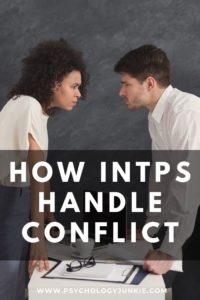




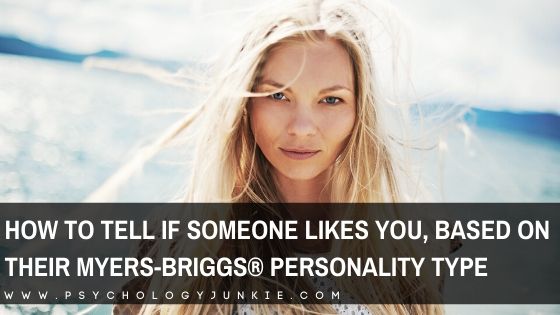




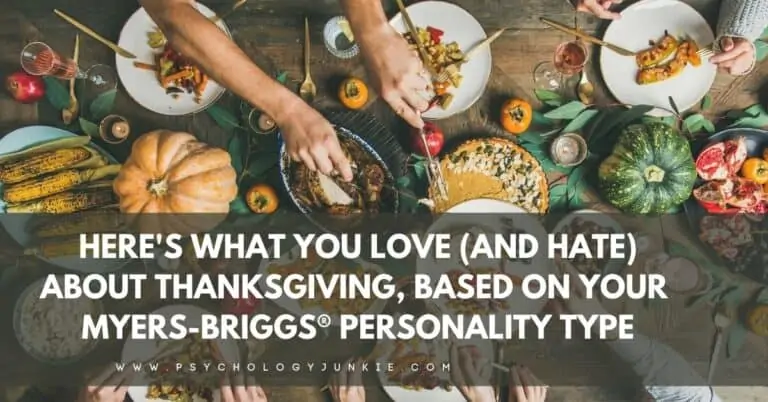
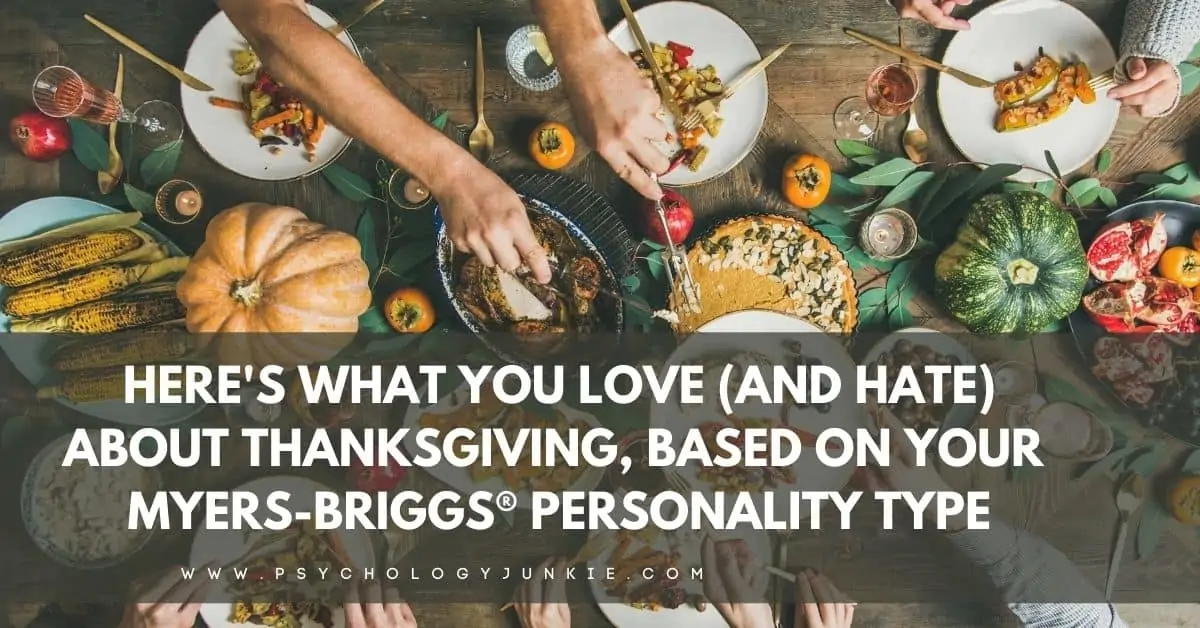
A tip from an INTP who is married to an ENFP: classify emotions as facts/data about the situation at hand. “Such-and-such makes me feel sad” is a fact to work with, not an irrationality to dismiss. You don’t have to fully understand these facts to find ways to deal with them, just like I don’t have to understand everything about meteorology to appreciate that rain means I should carry an umbrella. Emotional states may or may not be shiftable, but insisting that someone else should simply change them or get over them is not actually rational, not a reasonable demand, and it’s CERTAINLY not constructive.
As an INFP whose SO is an INTP, I wish there was a “like” button I could click for this.
I wish you could talk to my INTP boyfriend…signed: an ENFP
Being an INTP I’ve had to deal with many different people and I had to understand everyone comes from a different background, I guess that’s something we all should keep in mind to validate the other persons’ arguments.
I pretty much elude conflict until is time to face it. But I like to face it after I have linked all my arguments in a coherent, cohesive and diplomatic way (although when I speak they don’t come out exactly in order but the idea is there).
And practice a lot of PATIENCE.
For me personally (I’m an INTP, according to your test and my healthy INFJ friend. So pretty solid in my type accuracy.), I’ve taken an interest in managing emotional conflicts. Oddly to the point that I’ve considered going into the career of mediation or even hostage negotiation. I find it a challenge, and like the idea of learning how to manage situations that should technically (Fe being my inferior function) be the hardest situations for me to handle. I don’t like knowing that I have a weakness and not handling it.
In this interest I discovered a book called “Crucial Conversations” by Vitalsmarts. It takes the classic mindset of “I can either stay silent and keep a friend, or say something and lose a friend” and completely falsifies it then provides a very clear outline and unique way of managing conflict based off of their own research.
Not only does it make sense, but it seems to be based off of true principles. It’s consistent with everything else and actually shares principles and ideas with other books I’ve read that I consider to be based off of true principles (Namely, 7 Habits of Highly Effective People).
It’s for anyone, though I imagine it will appeal to other INTP’s particularly because of it’s clear and organized way of understanding how to manage conflict without neglecting the emotional side of things.
“They view conflict as a necessary part of life and will try to remain as logical as possible when finding a solution. They want time to analyze the situation from all angles before facing it head-on. INTPs don’t seek out conflict and tend to try to ignore it unless they deem it especially important to address. When they do address the conflict, they will consider pros and cons, cause and effects, and creative solutions. They will want to hear other people’s perspectives, but will quickly lose interest if they have to listen to emotional reactions for very long.”
All of this is totally true for me, the solution obviously has to be logical, what’s the point of life without logic, and I need to understand the whole thing to have a proper opinion and be able to find arguments to defend my point. When I’m at the beginning of learning, I might debate but I won’t feel at ease. Emotional reactions will indeed annoy me, I don’t know what to do with it.
Another comment mentions “this makes me sad”, this is a fact indeed and I don’t consider this to be an emotional reaction. For me an emotional reaction would be “I feel like this is the truth so it’s the truth and I won’t listen to anything else even if it doesn’t make sense at all”, but said in an emotional language that’s very confused and they don’t realise that’s what they’re saying and doing.
But I don’t mind conflict, being an enneatype 8. When I’m in a bad mood I feel tempted to go on Twitter just to fight a bit. But I’ll go there to defend what I believe in, like feminism against misogynists, stuff like that. I won’t insult random people. The idea of a fight makes me all worked up, I’m not sure how to explain (Fi is not my strong side), but that’s not something I avoid. Well fights with words. When I’m in a good mood I avoid Twitter cause I know I’ll fight right away and I try to avoid it so I can remain in said good mood.
Understanding that we all come from different origins helps us a lot as a society! Excellent post!